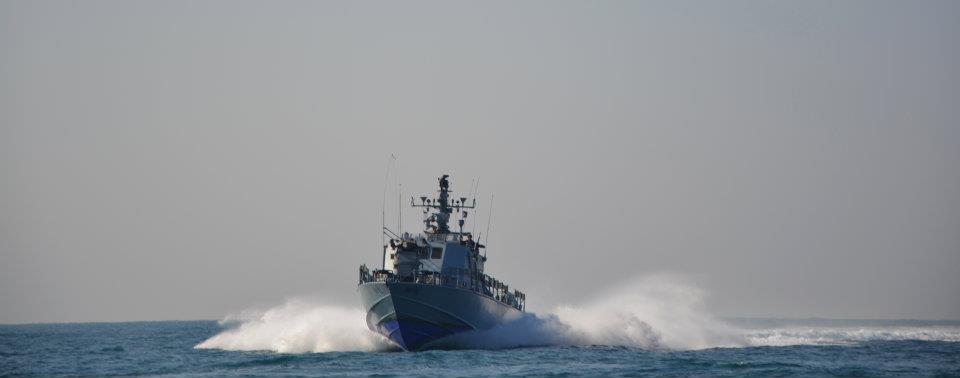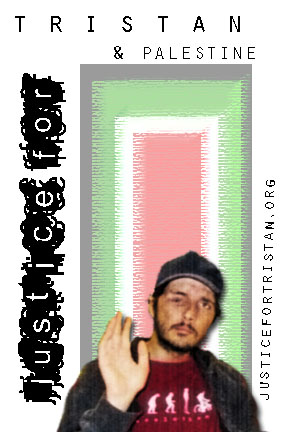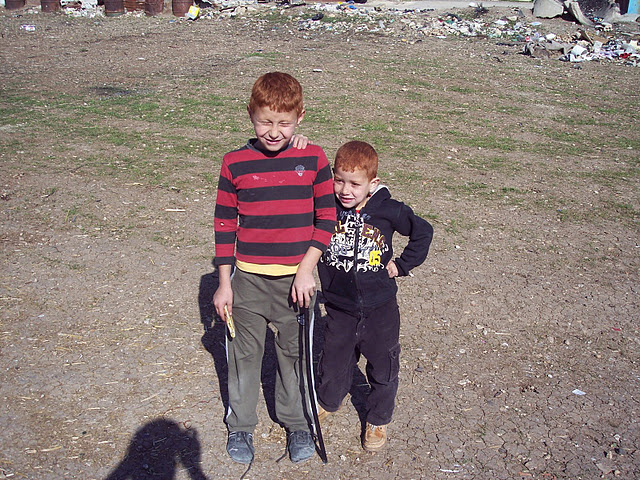-
Israeli navy harasses Palestinian fishermen, international observers off Gaza coast
3 December 2011 | Civil Peace Service Gaza On Saturday, 3 December 2011, the Israeli navy harassed Palestinian fishermen and international observers three miles off the coast of Gaza. Between 10:00 and 11:00 am, two warships repeatedly charged a group of seven hasakas, one trawler, and the Civil Peace Service Gaza boat Oliva.
-
Tristan Anderson civil suit delayed as new evidence emerges
by Charlotte Silver 3 Demember 2011 | The Electronic Intifada “If he had been a Palestinian, he would have gone to the Ramallah hospital and died,” Gabby Silverman said firmly. Silverman was close enough to Tristan Anderson that she didn’t even have to shout for him to hear her when he was shot in the head […]
-
In Photos: Balata cleans up for a place to run free
by Amal 3 December 2011 | International Solidarity Movement, West Bank It is hard to describe the joy of a simple yet so meaningful clean up day, and the beauty of children playing in a stress-free environment. We joined residents of Balata Refugee Camp in a clean up and play day. Many people came out […]
Action Alert An Nabi Saleh Apartheid Wall Arrests BDS Bethlehem Bil'in Cast Lead Demonstration Denial of Entry Ethnic Cleansing Farmers Gaza Global Actions Hebron House Demolition International law Israeli Army Jerusalem Live Ammunition Nablus Ni'lin Prisoner Ramallah Rubber-coated steel bullets Settlement Settlers Settler violence Tear-Gas Canister Video



